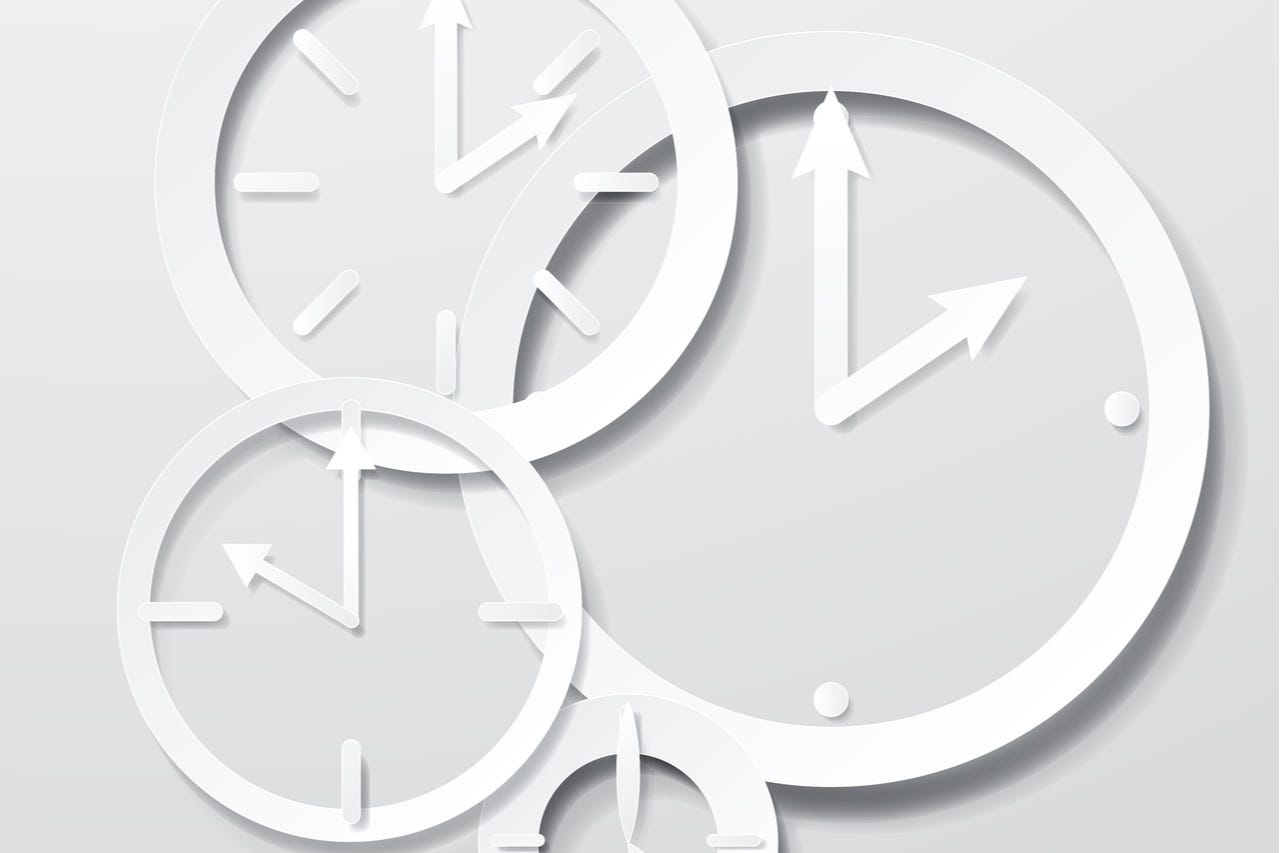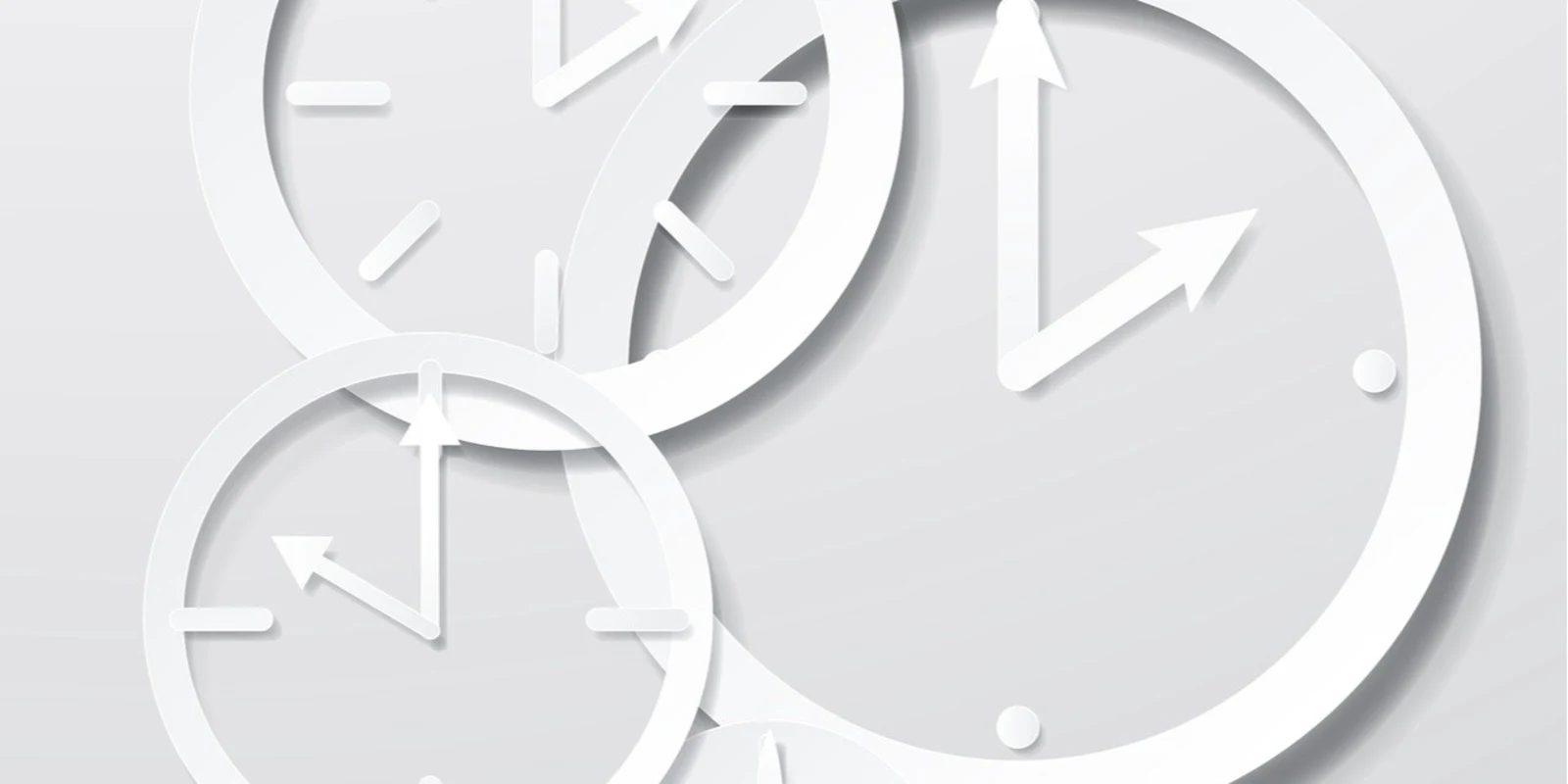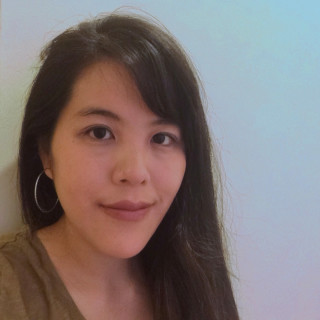
Your mama was the first person I noticed when I walked into the exam room. She sat near the sink in a cushioned metal chair with her feet slightly stretched out, arms folded tightly across her chest. Her fingernails — dark pink, chipped. Smiling, I greeted both of you, but your mama, she gave no response, made no changes in her position or posture. No leaning forward as a sign of engagement or interest. No pulling in of her feet. No uncrossing of her arms.
I knew your family only spoke Spanish, so I dialed for Interpreter Services, and before long, I had a Spanish interpreter on speakerphone. I brightly introduced myself again as the student nurse practitioner who would be seeing you today. We met in the fall of 2009 when I had just begun my clinical rotations in pediatric primary care as a student nurse practitioner.
But, your mama, she said nothing. If anything, she crossed her arms tighter, and when I looked at her, I saw the stiff, dark-brown ponytail taut with irritation, the fading lipstick hiding clenched teeth. Your mama looked at me — no, she looked into me — with serious, angry pools of frustration, and I sensed immediately that my introduction was too enthusiastic.
“What can I help you with today?” I asked. Your mama made no response and thrust a sheet of paper at me. You were playing with a little red car near the door and smiled charmingly at me with your four-year-old eyes and slightly crooked baby teeth.
It was a sheet of paper from your pre-school. They wanted you to see an audiologist. I was confused, so I started asking a few standard questions:
“Is your son in any pain today?”
“No.”
“Is he sick today?”
“No.”
“All you want is an audiologist?”
“Yes.”
Your mama’s responses were sharp, brisk, minimalist. Each single-syllable word cut through the air of warmth, care, and calm that I was working so hard to create and maintain. Finally, I told your mama that I’d be right back and went outside to consult with my preceptor. She told me all I needed to do was give your mama the yellow sheet containing the phone number of the audiologist for their insurance. “That’s it?” I asked. “That’s it,” she replied.
I handed your mama the piece of paper with the highlighted phone number telling her that all she needed to do was call the number to make you an appointment. She snatched the paper and finally burst out with exasperation, “TWO… HOURS!! Two hours!! Here TWO hours!!”
I started panicking. She was shouting at me. I didn’t want her to be upset. What could I say? I didn’t know you had both waited two hours. (I couldn’t believe it! Two hours!) Couldn’t she see that I wasn’t at fault? Couldn’t she tell I was trying my best to help? Didn’t she know I was just the student? Still. Two hours!
So, I did the only thing I knew to do at that moment — I looked your mama straight in the eyes and said, “I am really sorry,” with all the honesty and empathy I could muster up. Your mama stuffed the paper in her bag and stormed out the door.
I could see why your mother was upset. She had spent all that time in the waiting room — and for what? For only a couple minutes with me. For a piece of paper. For a phone number to call. Two hours for maybe two minutes. What would have happened if I hadn’t been assigned to you? Would you have waited for three hours? Four hours? The whole day? Would you have left only to come back the following day to wait another few hours?
After watching you trot out the door with your mama, I tidied up the exam room in some strange hope that the physical act of cleaning would somehow cleanse me of the guilt I felt and remove the heavy feeling of somehow being complicit in some treacherous crime: being a contributor to a healthcare system made inaccessible and difficult for certain underserved and underprivileged populations.
At that moment, I became cognizant, for the first time, of all the structural barriers set up against you—a four-year-old boy—getting the healthcare you needed and deserved.
Evelyn Lai is a pediatric nurse practitioner as well as a 2018–2019 Doximity Author.






